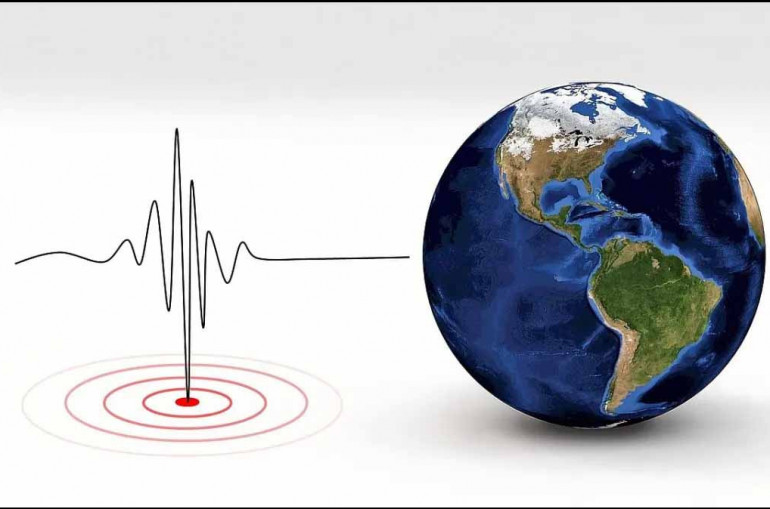Researchers discover a new type of earthquake
 Unlike conventional earthquakes of the same magnitude, this newly discovered earthquake is slower and lasts longer. These documented events are a new type of induced earthquake that have been sparked by hydraulic fracturing, a method used in western Canada for oil and gas extraction. Currently, researchers have explained the occurrence of earthquakes in the hydraulic-fracturing activity with two processes. The first suggests that the fluid pumped into the rock generates a pressure increase that is substantial enough to generate a new network of fractures in the subsurface rocks near the well. This results in a pressure increase that can be large enough to unclamp existing faults, thus triggering an earthquake. According to the second process, the fluid pressure increase from injection in the subsurface also exerts elastic stress changes on the surrounding rocks that can be transmitted over longer distances. If the stress changes occur in rocks where faults exist, it can also lead to changes that produce the fault to slip, causing a quake. The German-Canadian research team has interpreted the recently discovered slow earthquakes as an intermediate form of conventional earthquake and aseismic slip, and thus as indirect evidence that aseismic slip can also occur in the vicinity of wells. The researchers therefore dubbed the events hybrid-frequency waveform earthquakes (EHW).
Unlike conventional earthquakes of the same magnitude, this newly discovered earthquake is slower and lasts longer. These documented events are a new type of induced earthquake that have been sparked by hydraulic fracturing, a method used in western Canada for oil and gas extraction. Currently, researchers have explained the occurrence of earthquakes in the hydraulic-fracturing activity with two processes. The first suggests that the fluid pumped into the rock generates a pressure increase that is substantial enough to generate a new network of fractures in the subsurface rocks near the well. This results in a pressure increase that can be large enough to unclamp existing faults, thus triggering an earthquake. According to the second process, the fluid pressure increase from injection in the subsurface also exerts elastic stress changes on the surrounding rocks that can be transmitted over longer distances. If the stress changes occur in rocks where faults exist, it can also lead to changes that produce the fault to slip, causing a quake. The German-Canadian research team has interpreted the recently discovered slow earthquakes as an intermediate form of conventional earthquake and aseismic slip, and thus as indirect evidence that aseismic slip can also occur in the vicinity of wells. The researchers therefore dubbed the events hybrid-frequency waveform earthquakes (EHW).